Putting People at the Center of Development Strategy - Part 1
| 80 Years of Vietnam People's Army: Strength From People | |
| Vietnam Consistently Implements a National Defense Policy of Peace and Self-defense |
This approach is not only theoretical but is also grounded in nearly 40 years of renovation and the entire history of building and defending the nation. It integrates human rights into development policymaking, aligning with methods widely used by the United Nations (UN) and many developed countries in planning programs, strategies, and development plans.
Vietnam's Achievements in the Field of Human Rights
Throughout the process of building and defending the Fatherland, people have always been placed at the heart of all strategies and policies. Immediately after becoming a member of the UN in 1977, Vietnam actively participated in international conventions on human rights.
For the current comprehensive renovation in Vietnam, the Party and State consistently recognize, respect, protect, and ensure human rights. They emphasize "respecting the care for happiness and comprehensive development of people, protecting and ensuring human rights and legitimate legal interests, and respecting and implementing international treaties on human rights that Vietnam has signed." People are central to the development strategy and are always integrated into all development strategies and programs to meet the needs and aspirations of all societal classes.
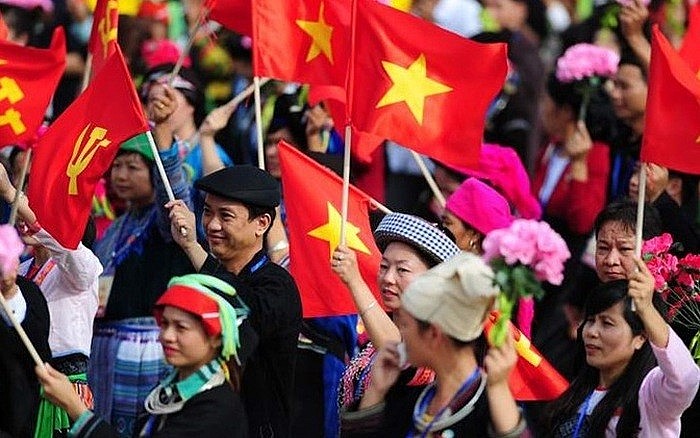 |
| Photo: doanthanhnien.vn |
The State of Vietnam has implemented synchronous measures, prioritizing resources to invest in people. The principles and standards on human rights have been effectively implemented, achieving encouraging results across all fields and gaining international recognition and appreciation. Based on international standards and considering the country's conditions, Vietnam has revised and supplemented its legal system to ensure compatibility with international standards, creating an important legal foundation for promoting and protecting human rights. Vietnam has revised its legal system on human rights, reflecting the civil, political, economic, social, and cultural rights recognized in the Universal Declaration of Human Rights and key international conventions of the United Nations to which Vietnam is a member. To date, Vietnam has ratified 7 out of 9 core United Nations conventions on human rights and joined 25 International Labour Organization (ILO) conventions, including 7 out of 8 core conventions.
The State of Vietnam has actively internalized international principles and standards on human rights; ensuring harmony between national law and international law. In particular, the 2013 Constitution is considered the pinnacle of constitutional activities, affirming the consistency of human rights and civil rights in the Constitutions of 1946, 1959, 1980, 1992. At the same time, it supplements new, more complete, profound, and comprehensive awareness in institutionalizing the Party's viewpoint on human rights, basic rights, and obligations of citizens, in accordance with Vietnamese practice and international standards. Vietnam has been promoting the promulgation, amendment, and supplementation of legal documents on human rights to ensure compatibility with the 2013 Constitution. From 2019 to November 2023 alone, Vietnam has passed 44 laws, including many important laws related to human rights and civil rights.
In the field of politics, Vietnam has acknowledged and ensured the implementation of fundamental human rights, including the people's right to mastery, participation in managing and supervising State and political system activities, equality, solidarity, respect, and mutual development of ethnic groups living in Vietnam, and the right to live in an independent and sovereign country.
In the economy, the State has actively and comprehensively implemented national programs, goals, and policies such as poverty reduction, employment, income, and social security. The State recognizes and guarantees basic human rights, including the right to ownership, labor, employment, production and business, and equality among economic sectors.
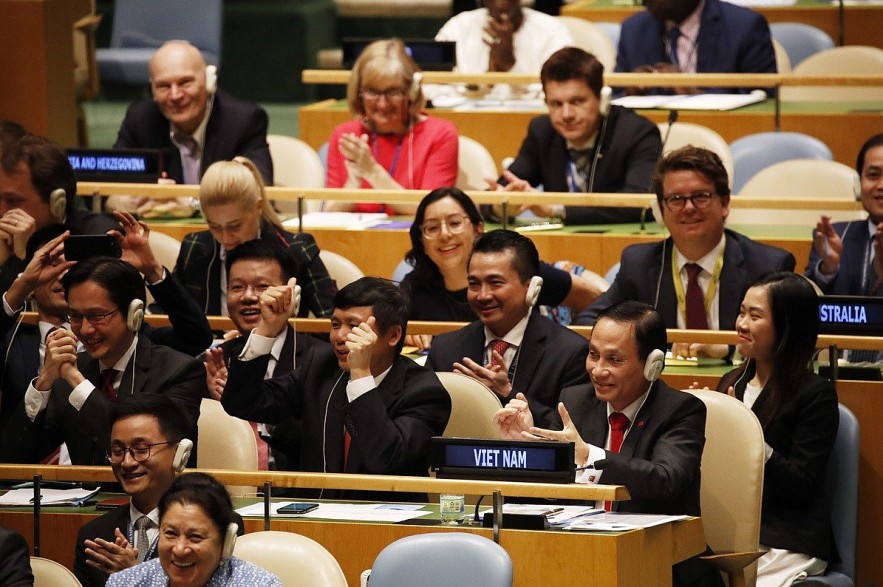 |
| The Vietnamese delegation to the United Nations at the moment the results of the vote for the UNSC non-permanent membership was announced. Photo: VNA |
In the fields of culture, society, and ideology, Vietnam consistently acknowledges, respects, and ensures that every Vietnamese citizen enjoys fundamental rights, such as freedom of belief and culture, freedom of movement, access to information, education, healthcare, participation in cultural life, social security, and basic civil rights.
The country has also made significant strides in ensuring the rights of vulnerable social groups, including women, children, the elderly, people with disabilities, and ethnic minorities. This progress is measured by criteria such as anti-discrimination and equal access to quality services and opportunities.
In foreign affairs and international cooperation, Vietnam actively fulfills its obligations under international human rights conventions to which it is a member. The country also promotes and protects human rights within the region and globally through forums such as the Human Rights Council, the Social, Humanitarian, and Cultural Committee of the General Assembly, the Economic and Social Council, and other United Nations platforms.
Vietnam's role and commitment to human rights are highly appreciated by the international community, as evidenced by its election as a member of the UN Human Rights Council for the terms 2014-2016 and 2023-2025, and as a non-permanent member of the UN Security Council for the terms 2008-2009 and 2020-2021.
While there remain challenges and limitations, such as an incomplete legal framework to ensure human rights and the inefficacy of some institutions impacting human rights assurance, the achievements in promoting, protecting, and ensuring human rights in Vietnam are undeniable. These accomplishments affirm the correctness of the Party's viewpoints, policies, and guidelines, as well as the State's policies and laws on human rights.
The upcoming stage of national development will focus on making people and human rights the center, goal, subject, and driving force. Following the Party's policy and viewpoints established at the 11th and 13th National Party Congresses, "people are the center of the development strategy and at the same time the subject of development." All policies and strategies must originate from the lives, aspirations, rights, and legitimate interests of the people, with the ultimate goal of achieving happiness and prosperity for all.
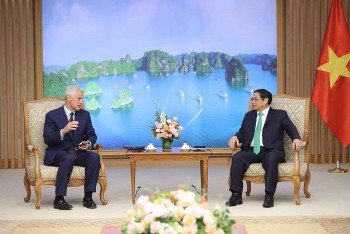 | Opportunities for Standard Chartered to Expand Business in Vietnam Appreciating Standard Chartered's collaboration with the Ministry of Foreign Affairs to develop the Report "Vietnam: Preparing for the Leap Forward", Prime Minister Pham Minh Chinh ... |
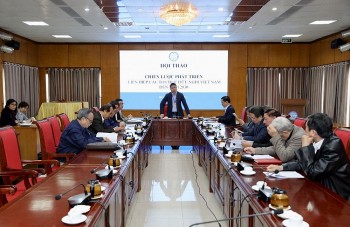 | Member Organizations Contribute to develop VUFO's Development Strategy to 2030 The Viet Nam Union of Friendship Organizations (VUFO) held a conference themed "People-to-people Diplomacy in the New Context and VUFO's Development Strategy to 2030" on ... |
Recommended
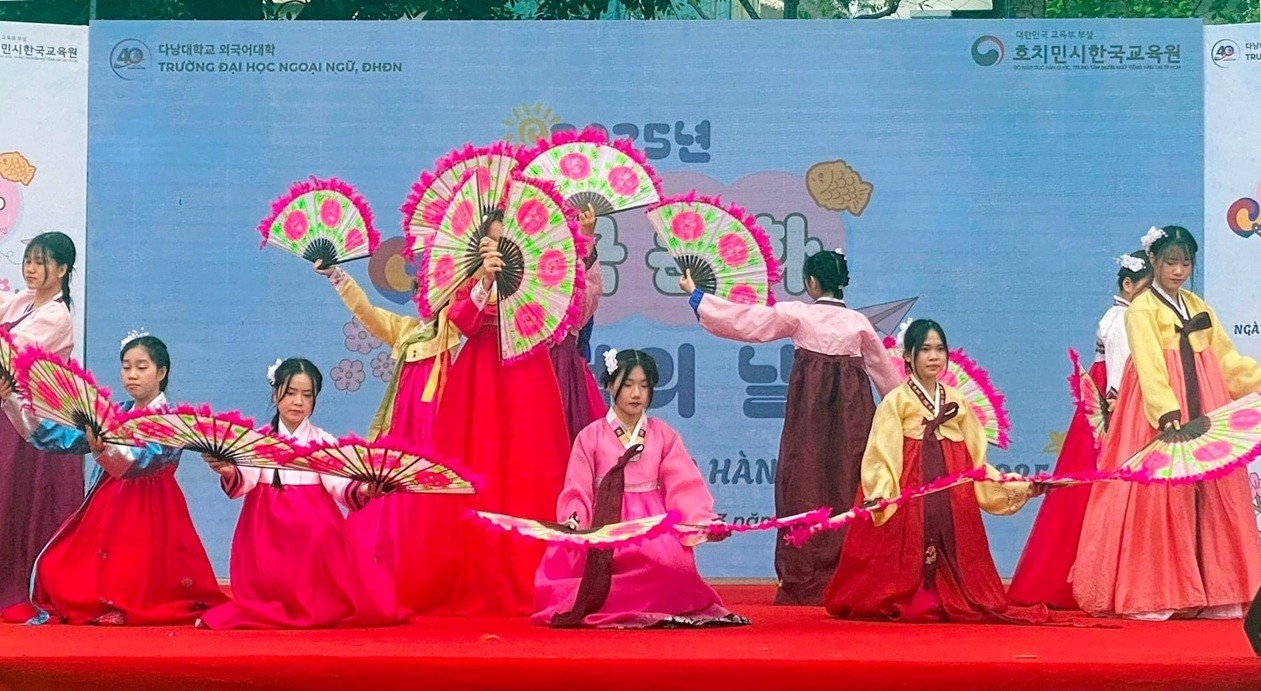 Viet's Home
Viet's Home
Da Nang Students Learn Korean Culture through Vibrant Activitie
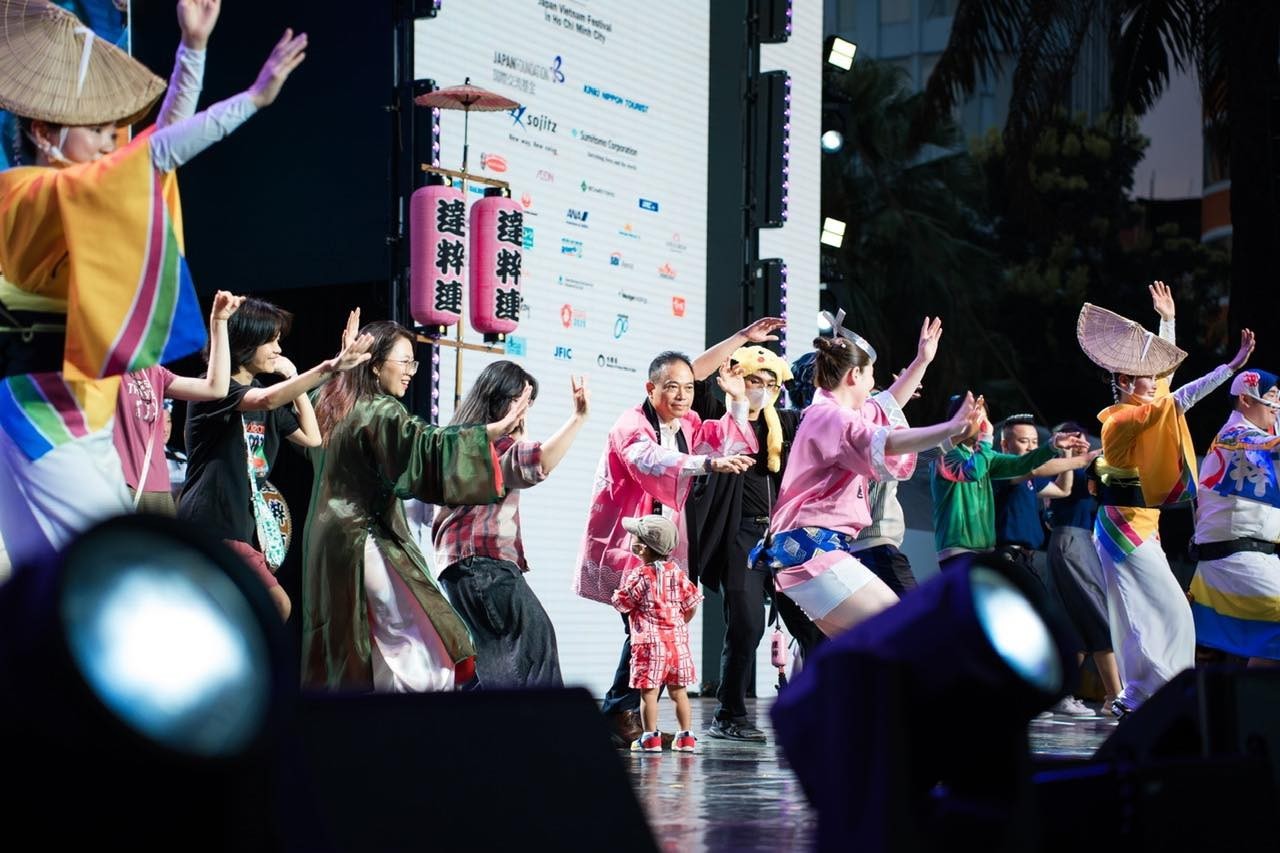 Viet's Home
Viet's Home
Vietnam - Japan Festival 2025: Joining Hands - Towards the Future
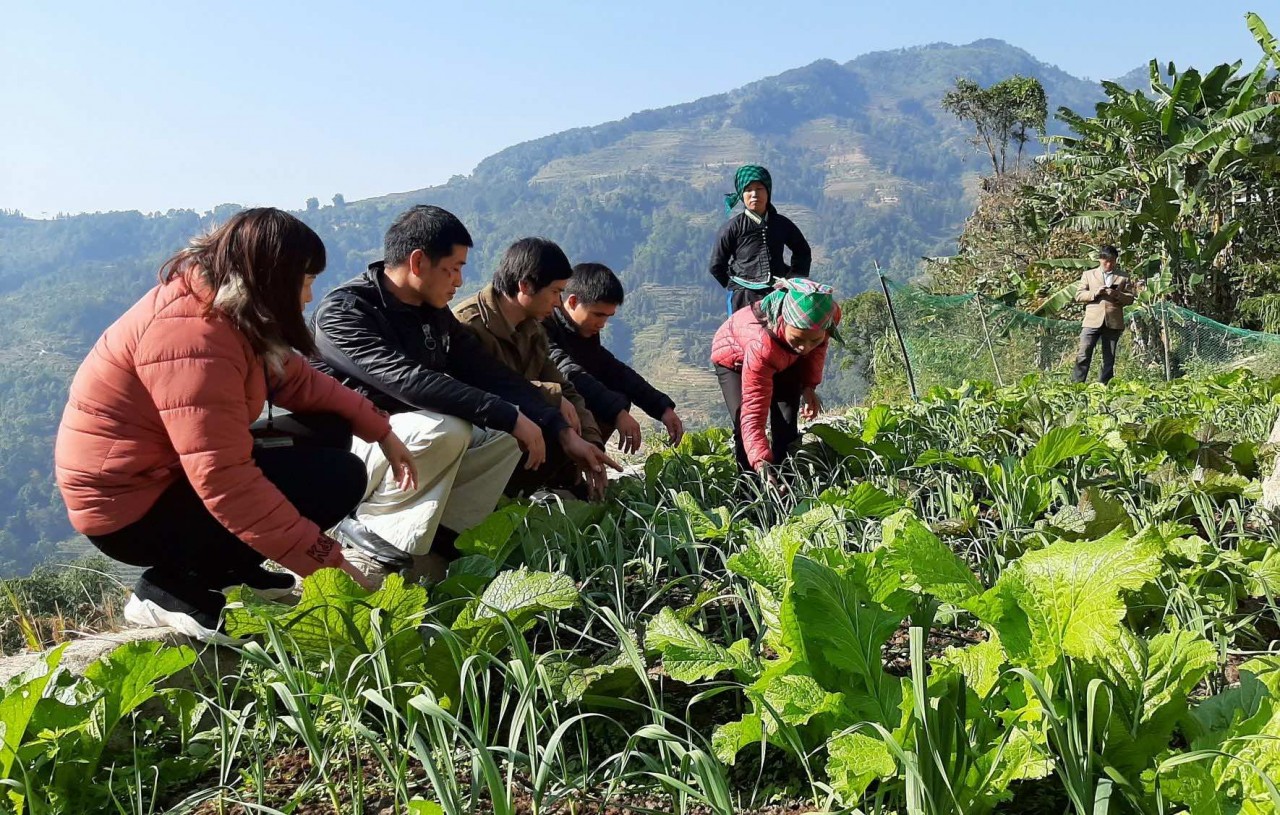 Viet's Home
Viet's Home
Vietnam Advances Its Role in Promoting Gender Equality
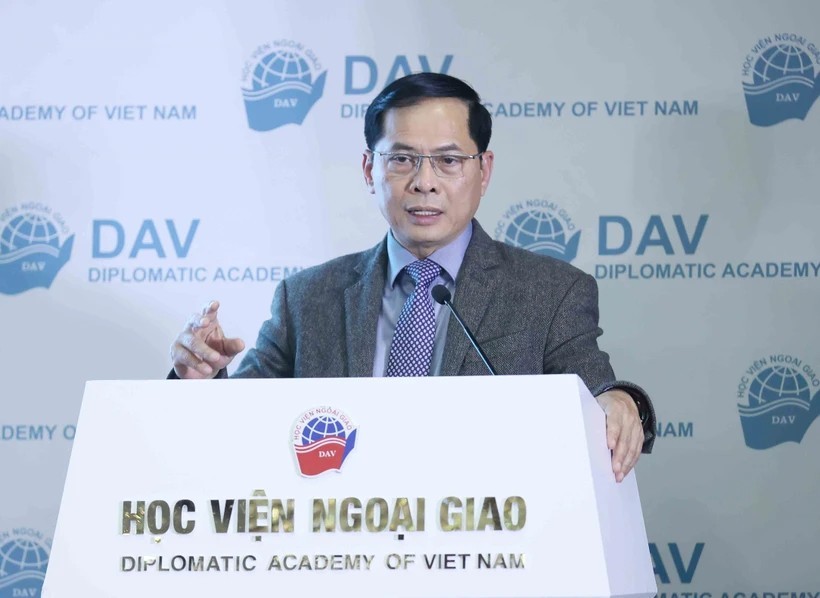 Viet's Home
Viet's Home
Comprehensive Diplomacy: Creating Opportunities for Nation in New Era
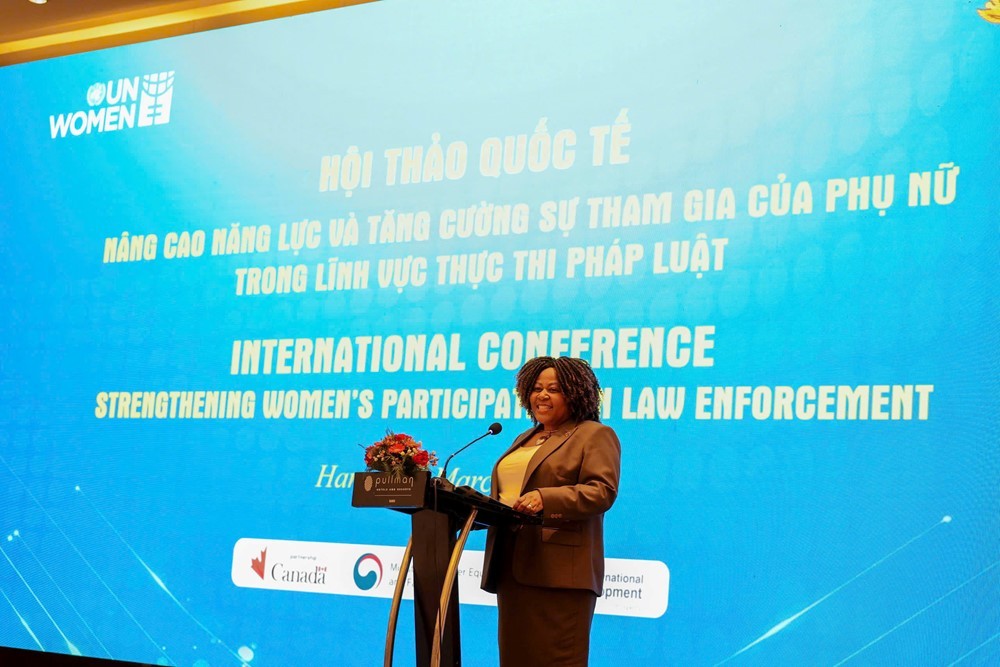 Viet's Home
Viet's Home
Conference Held Regarding Women Empowerment in Law Enforcement
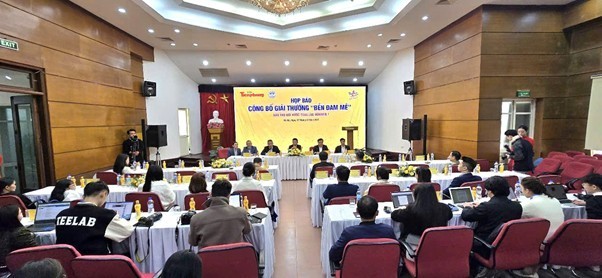 Vietnamese Herbal Tea
Vietnamese Herbal Tea
"Ben Dam Me" Award: Encouragement from Number One
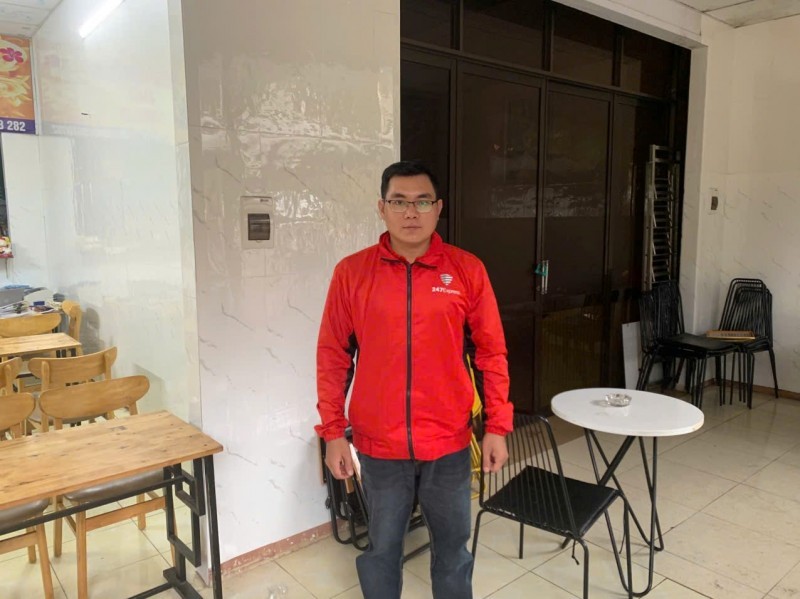 Vietnamese Herbal Tea
Vietnamese Herbal Tea
Drinking Zero Degree Green Tea, a Delivery Worker Wins VND 250 Million during Tet
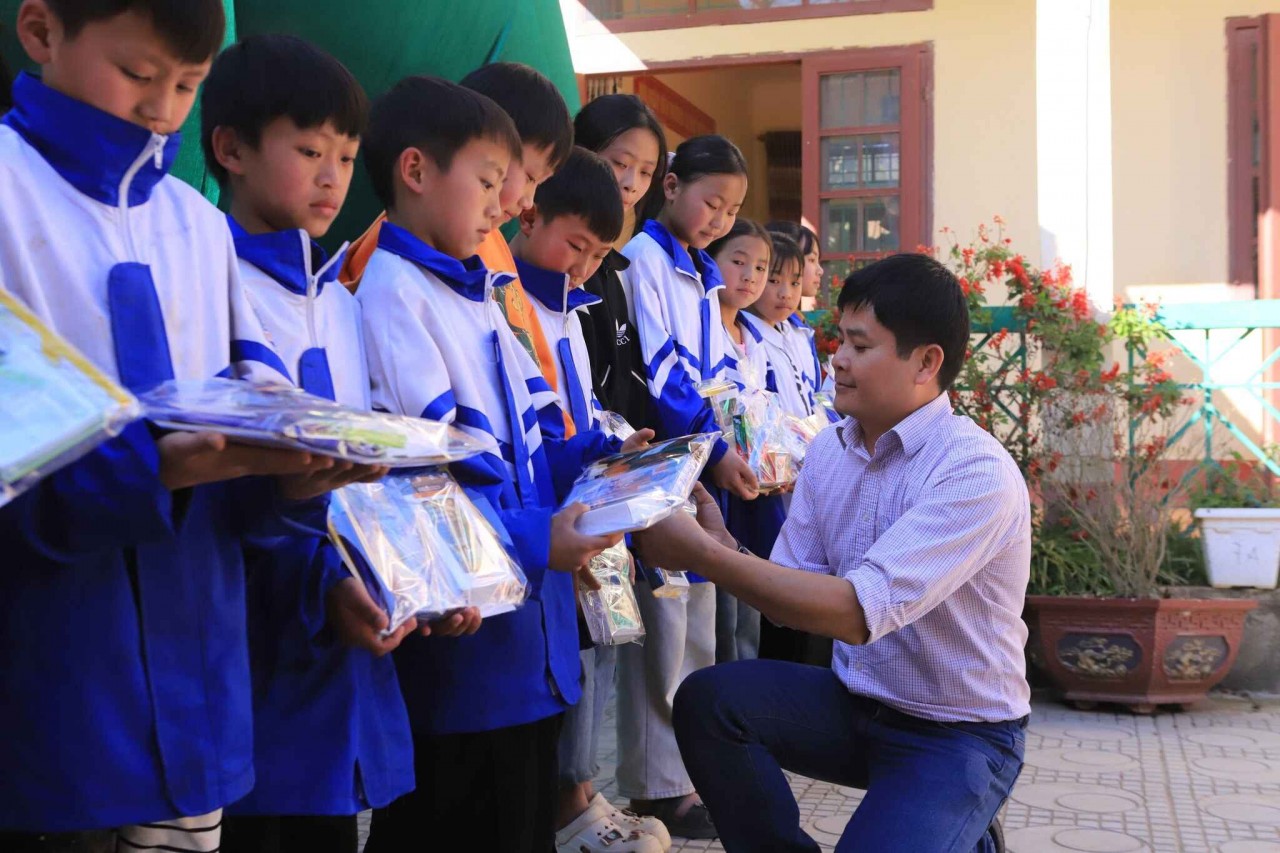 Viet's Home
Viet's Home
